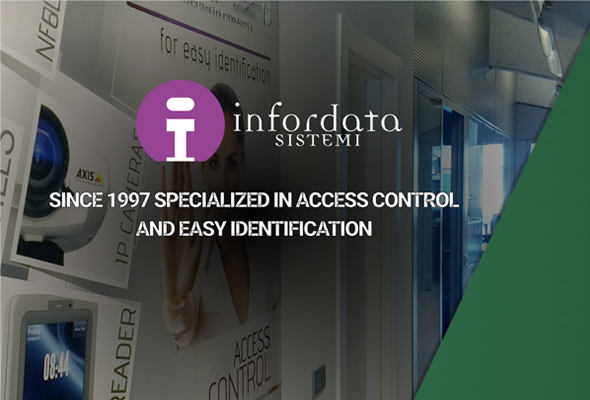So why are these organizations conducting regular screening? As an example, financial institutions conduct regular background checks to prevent fraud and insider threats. Healthcare organizations screen staff to ensure that those entrusted with patient care and sensitive health information maintain the highest standards of professionalism and integrity. Similarly, schools and educational institutions regularly screen teachers and staff to protect the safety and well-being of students.
The underlying reason these industries engage in regular screening is clear: the risks associated with employing individuals who may pose a threat to the organization, its stakeholders, or its reputation are too significant to ignore.
Types of Staff Involved in Regular Background Screening
Regular background screening is not limited to new hires. Many organizations extend this practice to a wide range of employees, including:
- Executives and Senior Management: Given their access to sensitive information and influence over company decisions, it's crucial to regularly screen those in leadership positions.
- Financial and IT Staff: These roles often have access to critical systems and sensitive data, making them key targets for ongoing scrutiny.
- Healthcare Providers and Educators: These professionals work directly with vulnerable populations and must be regularly screened to ensure they meet the ethical and legal standards required in their fields.
- Contractors and Temporary Workers: Even non-permanent staff can pose significant risks, making it essential to include them in regular screening protocols.
- Employees with Access to Confidential Information: Staff who handle sensitive customer data, trade secrets, or proprietary technology should be subject to regular checks to prevent insider threats.
Financial Benefits of Regular Screening
While the primary purpose of regular staff screening is to mitigate risk, there are also significant financial benefits associated with this practice. Organizations that engage in ongoing background checks are more likely to: • Reduce the Risk of Financial Loss: By identifying potential bad actors before they can do harm, companies can avoid costly incidents of fraud, theft, or data breaches. • Lower Legal and Compliance Costs: Regular screening helps ensure that employees comply with industry regulations, reducing the likelihood of costly fines or legal action. • Enhance Reputation and Trust: Companies that are known for their commitment to safety and integrity can attract more business and secure long-term customer relationships, directly benefiting their bottom line. • Decrease Turnover Costs: Regular screening helps identify potential issues early, allowing companies to address them before they escalate. This can reduce the costs associated with high employee turnover, including recruitment, training, and lost productivity.
Why Regular Background Screening is Essential for Your Organization
Given the clear benefits, regular background screening should be a standard practice for any organization that values security, compliance, and reputation. By implementing ongoing checks, companies can: • Proactively Manage Risks: Regular screening allows organizations to identify and mitigate potential threats before they become significant issues. • Ensure Continuous Compliance: Industries are subject to ever-changing regulations. Regular checks help ensure that your organization remains compliant with the latest legal requirements. • Protect Your Company’s Reputation: The cost of a scandal or security breach can be immense. Regular screening helps maintain the integrity of your workforce, safeguarding your brand’s reputation. • Foster a Culture of Accountability: When employees know they are subject to regular screening, they are more likely to maintain high standards of behavior, contributing to a more positive and productive workplace.
Regular background screening is not just a protective measure; it is a strategic investment in the long-term success and stability of your organization. By integrating regular checks into your company’s operations, you can protect against a wide range of risks, enhance your financial performance, and secure your company’s future.




